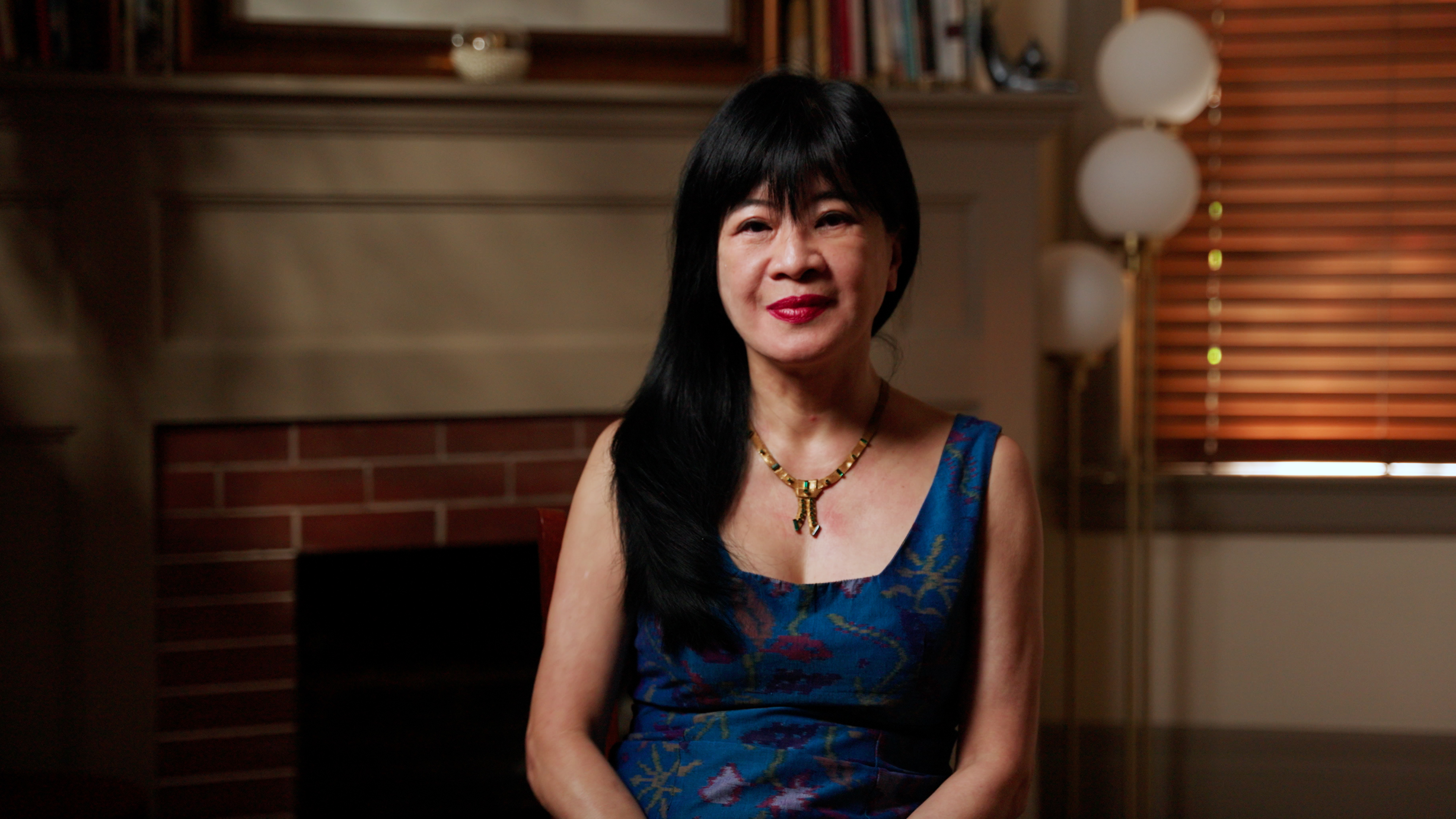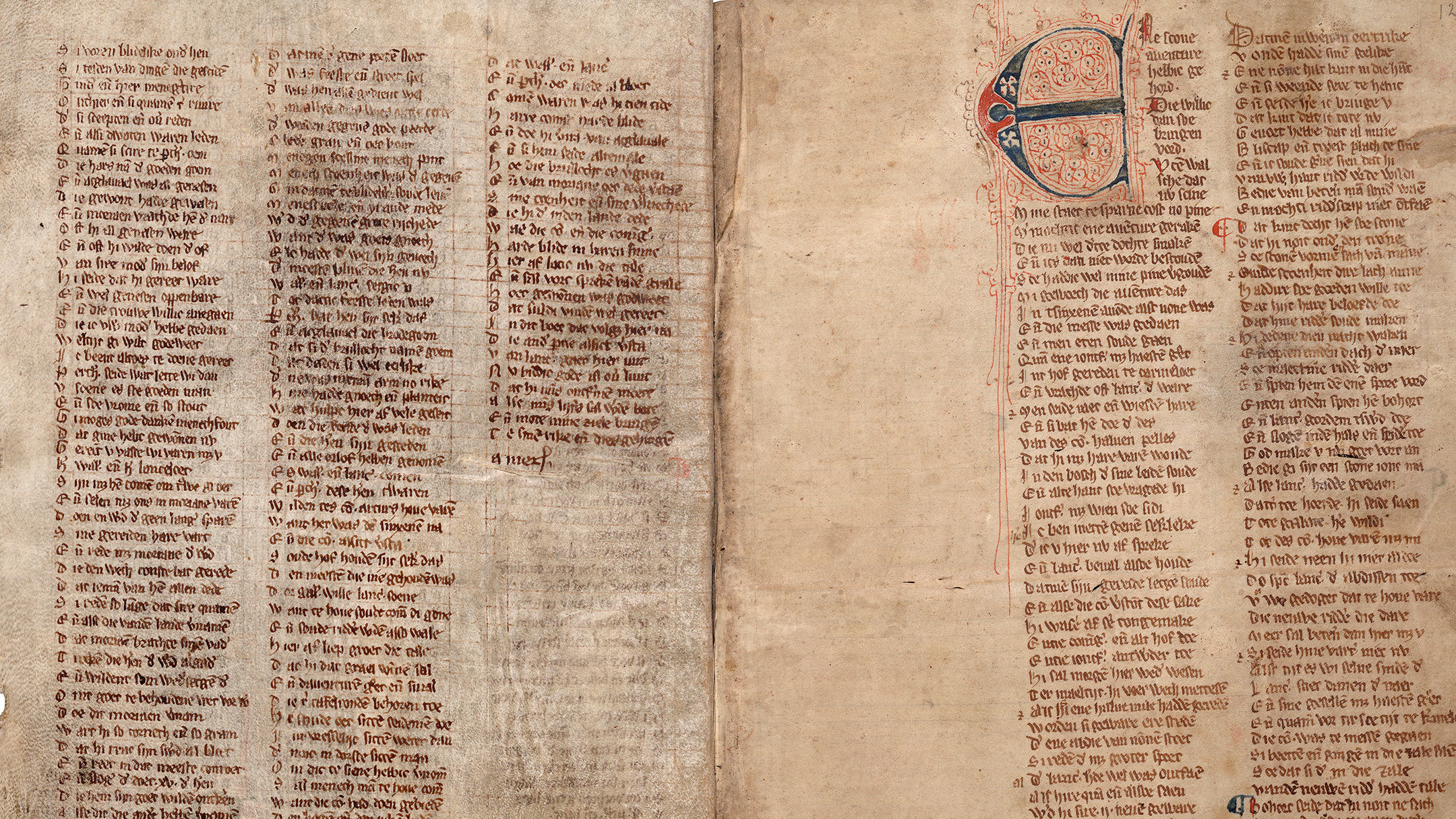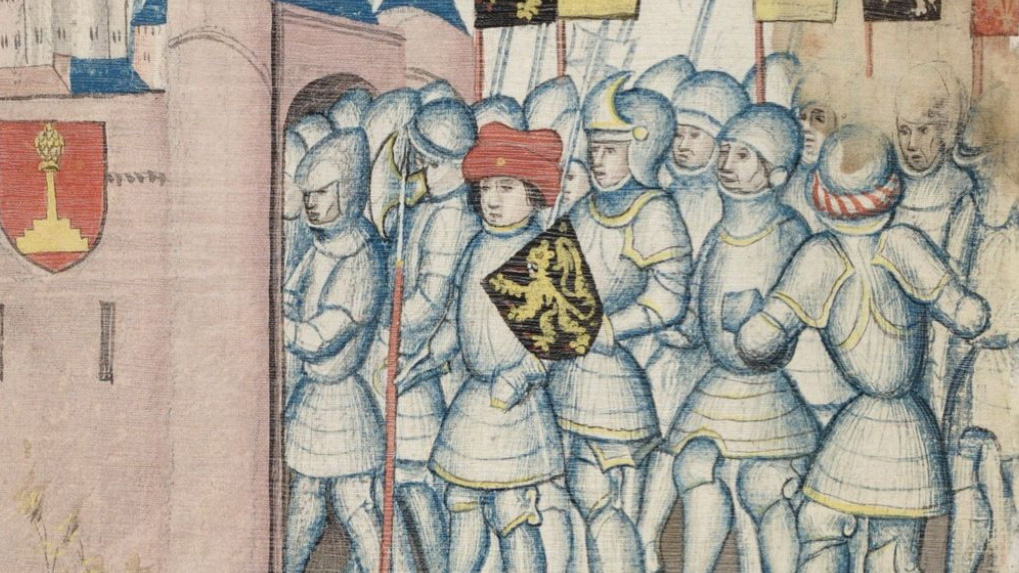Heng, Geraldine. "Teaching early global literatures." Throughlines. www.throughlines.org/suite-content/teaching-early-global-literatures. [Date accessed].

History is understood through narrative. The stories that are written, repeated, and taught give shape to the past. By decentering European narratives in our teaching, we can expand the scope of historical understanding that our students carry with them into the world. Studying early global literatures shakes the preconceived notions about the past that students bring into the classroom, especially when they are introduced to early global civilizations that were far more complex and modern than Europe.
Further learning
Recommended
-PaintingSceneLudovico-1816%20(1).jpg)
Spenser and his racializing influences
Comparing episodes from The Faerie Queene with episodes from the works that inspired Spenser, in particular excerpts from Ariosto’s and Tasso’s works, is a productive way to draw attention to how racialization travels and mutates across national traditions.



.jpg)
.jpg)

